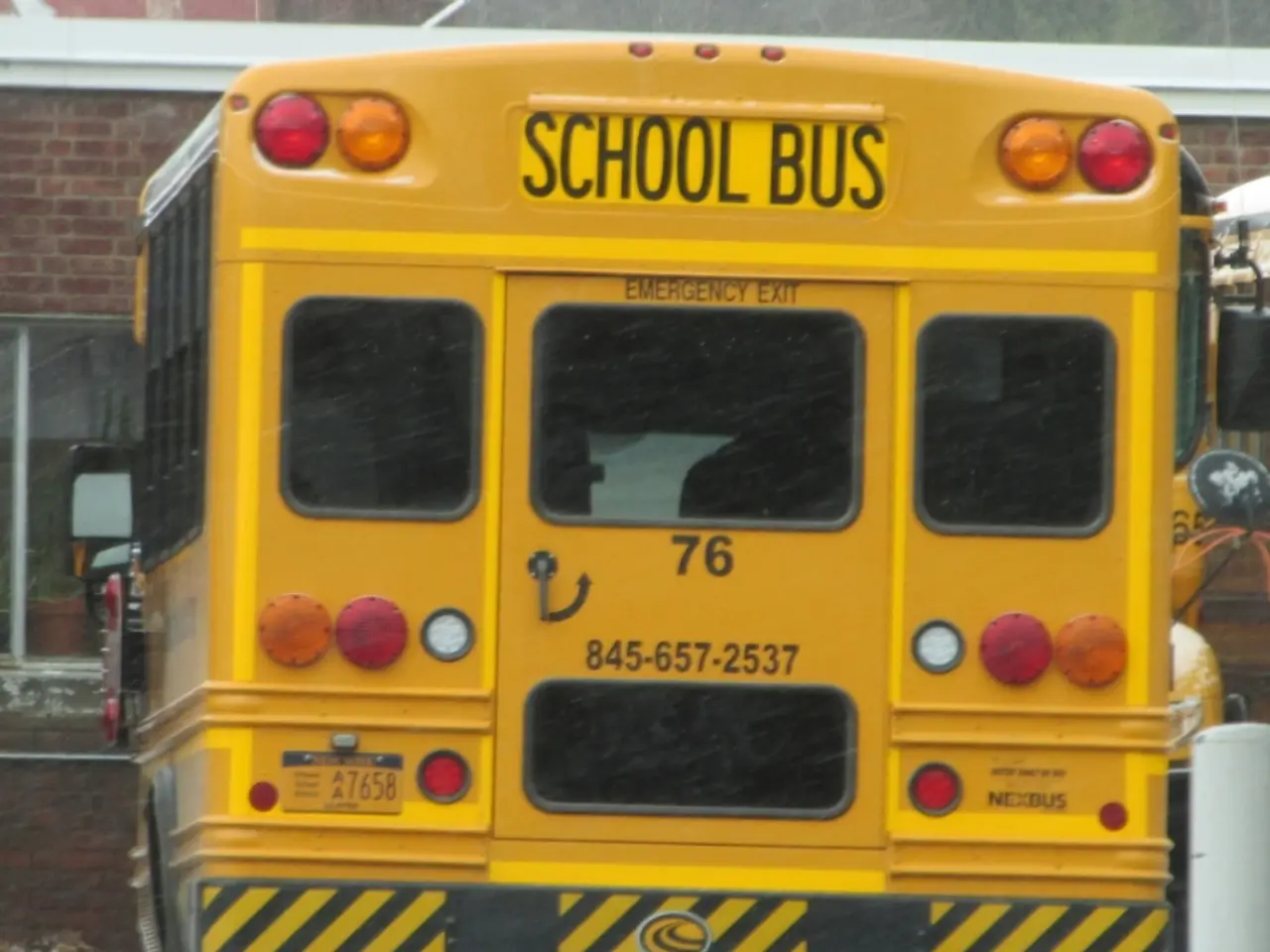Students in Hamburg commence the fresh academic term with an unprecedented high enrollment count
In the upcoming school year, Hamburg's education system is set for a series of transformative changes. The changes aim to strengthen fundamental competencies and allow students to set individual priorities, all while addressing the growing student population.
The student population in Hamburg's schools is at an all-time high since the 1983/84 school year, with approximately 273,000 students expected to start the new school year. To cater to this increase, the number of teaching positions at state general education schools will increase by 212 to 16,123 compared to the previous school year. Comprehensive schools account for the majority of the increase, with 5,797 positions and an increase of 78. The increase at primary schools is much smaller, with only five additional positions. The number of positions at grammar schools will increase by 90, and at special schools by 38.
To meet the demand for the new subject, 195 new teachers have been trained since 2023. Informatics will be introduced as a new compulsory subject for students in grades 7 to 10 at secondary schools throughout Hamburg, marking the first time in 15 years. This move is part of a broader effort to equip students with the skills needed for the digital age.
One significant change in the regulations for the first general school leaving certificate (ESA) and the intermediate school leaving certificate (MSA) is the addition of an oral exam in the subject of English. For the oral exam, students can choose one subject freely from the school's offerings. Central written exams for the ESA and MSA will focus on the subjects of German and Mathematics.
Education Senator Ksenija Bekeris (SPD) forecasts that the student population will decrease by 2029 at the latest. Despite this, Hamburg's schools are well-staffed, with only 58 vacant positions out of over 16,000 full-time positions.
In addition to the changes in the current school year, three more schools will open in the 2026/27 school year, including two primary schools and one comprehensive school. This expansion comes despite declining birth rates and decreasing immigration to Hamburg, indicating a strategic approach to maintaining a high-quality education system.
A total of 469 state and private schools will start the new school year, including two new primary schools and one new comprehensive school. To support these schools, around 500 million euros will be invested in school construction for maintenance, renovation, and new construction in the current school year.
These changes in Hamburg's education system reflect a commitment to preparing students for the future while ensuring they receive a high-quality education. The focus on fundamental competencies, digital skills, and individual priorities is expected to create a more flexible and adaptable education system that can respond to the needs of students in the 21st century.








